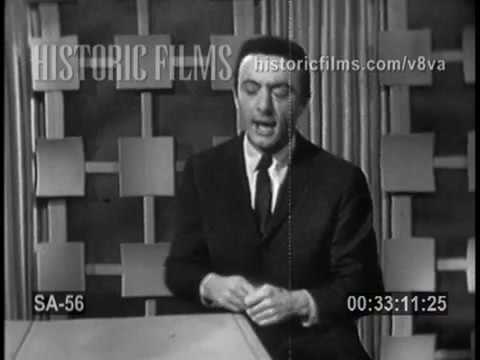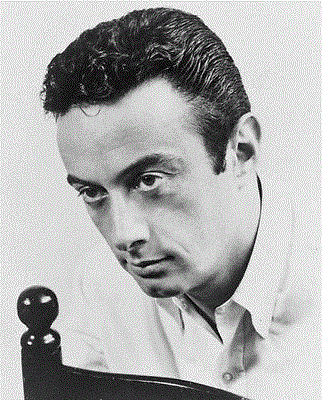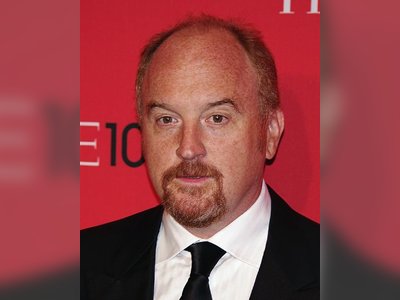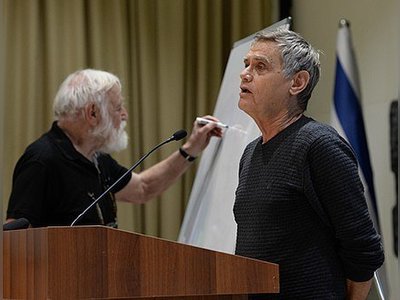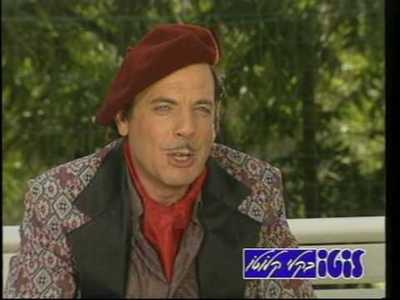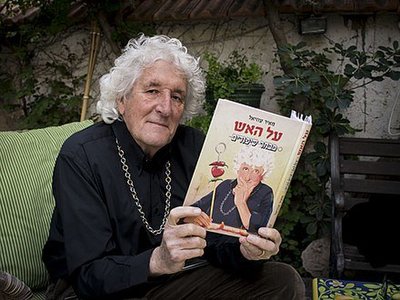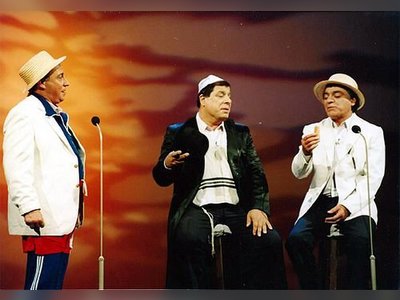Lenny Bruce: The Iconoclastic Pioneer of Stand-Up Comedy
Lenny Bruce, born Leonard Alfred Schneider on October 13, 1925, in Mineola, New York, and passing away on August 3, 1966, in Los Angeles, was a profoundly influential American-Jewish comedian of the 1940s and 1950s. He is often regarded as one of the founding figures of stand-up comedy.
Lenny Bruce is considered a trailblazing figure in the world of stand-up comedy during the late 1940s and 1950s. Prior to this era, comedians typically told "clean" jokes, and their performances were rarely influenced by current events or social issues, nor were they particularly interactive.
Bruce's acts were characterized by his provocative, satirical take on society, his willingness to challenge societal norms, and his frequent use of explicit language. It has been said that his act was based on the dark, the downtrodden, injustices, and the lack of justice in the world. He believed that if the world ever became just and pure, he would be out of a job.
Biography
Lenny Bruce was born in 1925 as Leonard Alfred Schneider in Mineola, New York, the only child of Myron (Mickey) Schneider, who was born in 1906 in London, England, and worked as a shoe store clerk at the time, and Sally Marr, born in 1906 in Jamaica, Queens, New York, as Sadie Kitzberg. His parents divorced when he was just five years old. His father relocated to Arcadia, California, where he became a podiatrist.
In 1942, at the age of 16, Bruce enlisted in the U.S. Navy and served during World War II on the North African and Italian fronts, stationed in Palermo in 1943 and Anzio in 1944. In May 1945, following a comedic stunt he performed in front of his shipmates while dressed in drag, his superiors became angry with him.
As an act of defiance, Bruce convinced the ship's medical officer that he had experienced "homosexual advances," which led to his honorable discharge (due to the policy at the time in the U.S. military regarding LGBTQ+ individuals unfit for service). However, he never admitted to any wrongdoing or misconduct under the U.S. Navy's regulations, which allowed him to change the characterization of his discharge to "honorable on medical grounds due to unsuitability for naval service."
After completing his military service, Bruce spent a brief period in California living with his father. He then settled in New York City with aspirations of establishing himself as a comedian. However, distinguishing himself from the amateur performers who populated the city's entertainment scene proved to be a challenge. Many aspiring entertainers converged at a specific diner in New York, where Bruce first encountered comedian Joe Ancis, who deeply influenced Bruce's approach to comedy.
Bruce's breakthrough as a comedian came in 1948 when he won a talent contest for young performers. Shortly after, he married Henrietta (Honey) Harlow, a burlesque dancer. Their marriage lasted until 1957. Bruce's life was marked by several arrests, primarily on two main charges: drug possession and using explicit language. In the 1950s, it was uncommon for comedians to use profanity on stage.
Moreover, his habit of poking fun at moral issues such as racism, gender, religious tensions, and more was seen as unpatriotic in the post-World War II era. Many view his drug-related arrests as attempts by authorities to prevent him from performing due to his controversial content.
His first arrest on September 29, 1961, was related to drug possession, though the charges were eventually dropped. On October 4, 1961, Bruce was arrested for using explicit language at the Troubadour Club in California under the California Obscenity Code.
He was eventually acquitted of this charge. However, by this point, many venues had become reluctant to host him to avoid controversy and potential legal trouble. Both Britain and Australia banned him from performing, and Britain even prohibited his entry into the country.
On October 6, 1962, Bruce was arrested again, this time for using explicit language, and he was tried in San Francisco in a landmark case that continues to be cited as a precedent for freedom of speech under the First Amendment of the U.S. Constitution. Despite being initially convicted, he was later acquitted.
Following this trial, his performances ceased to be lighthearted and comedic, evolving into more thought-provoking shows in which he discussed political, moral, racial, and religious issues. It is known that he would sometimes sit on stage and read entire pages from his various legal transcripts (regarding obscenity but not drugs).
Bruce often claimed that there was a conspiracy between the courts in New York and San Francisco to silence him. He even filed a complaint with the FBI, but no evidence was found (Bruce alleged it was a cover-up). During this period, he also struggled with drug addiction, ultimately leading to his demise on August 3, 1966, at the age of 40, in his Hollywood home.
Lenny Bruce is now recognized as one of the greatest comedians of all time. He is primarily remembered as a martyr for free speech, as his legal battles had a profound impact on the interpretation and application of the First Amendment to the United States Constitution. His legacy lives on, celebrated for his groundbreaking contributions to stand-up comedy.
After His Passing
In 1967, The Beatles expressed their appreciation for Lenny Bruce by including his image on the cover of their album "Sgt. Pepper's Lonely Hearts Club Band."
- לני ברוסhe.wikipedia.org
